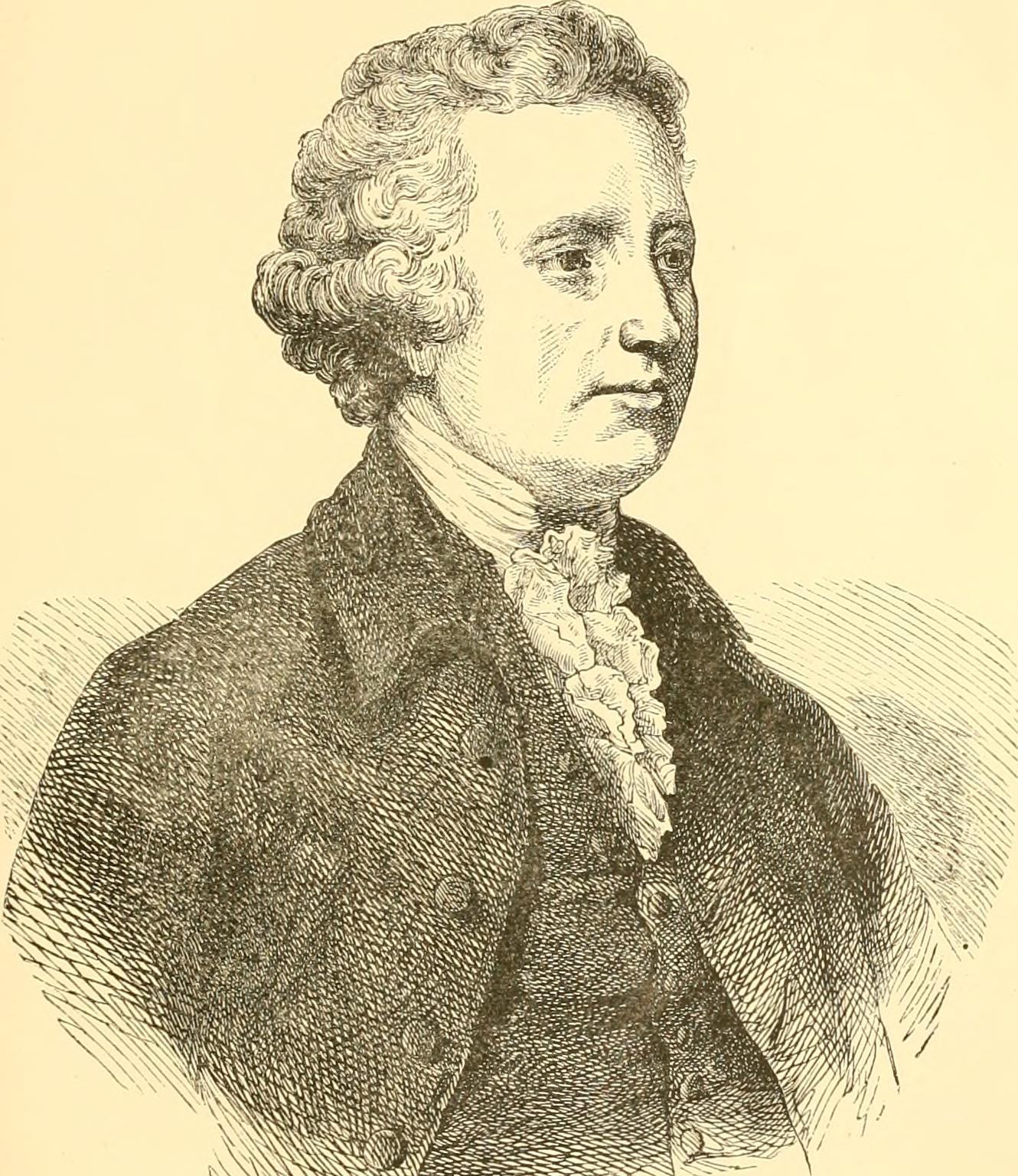The Democratic Party vs. Democracy
On Kathy Hochul, Zohran Mamdani, the Democratic Party, and Edmund Burke
NOTE: This being a partly paywall post, I should mention that I’m currently offering heavily discounted paid subscriptions, so if you want to support my work and read everything here in full, click here to get a full 50% off. It isn’t sustainable to write everything for free, so if it’s within your means, you’d be doing me a solid by chipping in a few bucks. In any case, enjoy.
Almost exactly two hundred and fifty one years ago — in November 1774 — Edmund Burke delivered a now famous speech to a gathering of citizens in Bristol shortly after they elected him to the House of Commons. The franchise was still incredibly limited in Britain in the late 18th century, but Bristol had the distinction of being a genuine contest with a relatively large electorate (Burke himself won 3,565 out of the roughly 5,400 votes cast). This fact, however, evidently had no bearing on Burke’s fundamentally paternalist view of democratic representation or his conservative conception of the role of Parliament.
“Certainly, gentlemen,” he told those assembled, “it ought to be the happiness and glory of a representative to live in the strictest union, the closest correspondence, and the most unreserved communication with his constituents. Their wishes ought to have great weight with him; their opinion, high respect; their business, unremitted attention.” But, he continued…
“…his unbiased opinion, his mature judgment, his enlightened conscience, he ought not to sacrifice to you, to any man, or to any set of men living. These he does not derive from your pleasure; no, nor from the law and the constitution. They are a trust from Providence, for the abuse of which he is deeply answerable. Your representative owes you, not his industry only, but his judgment; and he betrays, instead of serving you, if he sacrifices it to your opinion.”
Burke, in other words, saw democratic representation as a matter of personal judgement, the role of an elected representative ultimately being independent and autonomous from the caprices of popular opinion. This, in turn, informed his view of Parliament itself, a institution that was “not a congress of ambassadors from different and hostile interests; which interests each must maintain, as an agent and advocate, against other agents and advocates” but instead “a deliberative assembly of one nation, with one interest, that of the whole; where, not local purposes, not local prejudices, ought to guide, but the general good, resulting from the general reason of the whole.”
I recently thought of Burke’s speech when I saw a quote from New York Governor Kathy Hochul making the rounds. Hochul, for context, has been somewhat savvier than other powerful Democrats in at least formally endorsing Zohran Mamdani and was speaking alongside New York’s Mayor-elect at a rally. Responding brusquely to chants of “Tax the rich” from the crowd, she said this: “I’m the type of person — the more you push me, the more I’m not going to do what you want.”
I was struck by this comment, less because there’s anything particularly novel about it than because I’m not sure I’ve ever heard a powerful Democrat be quite so blunt in their hostility to a popular or democratic demand. Standing next to Mamdani, who has just secured a huge popular mandate for a program that includes taxing wealth as a centrepiece, Hochul evidently felt the need to remind people she is under no special obligation to bend to majority opinion or treat a mayoral election in her state’s largest city as the clear expression of a democratic will she’s in any way bound to follow.




